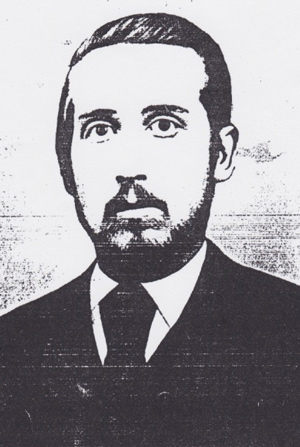Last weekend I attended a fabulous conference at Midwestern State University in Wichita Falls. The rains gave so much greenery to the area and Midwestern in my alma mater, so it had to be a great time.
Women Ranchers in Texas was a huge success. I met a cousin I didn’t know I had. I heard stories about Jackie Worthington, an inductee into the National Cowgirls Hall of Fame who lived in Jacksboro when I was a little girl. And most importantly, I was inspired to write about Emiline Arnold Seay, my great-great grandmother.
Emiline married Alexander Marion (A.M.) Seay in 1860 in Whitfield County, Georgia. In a three month time period their first child was born, A. M.’s father died leaving the young couple to care for his mother, and A. M. was drafted into the Confederate Army. Shortly after A. M. was riding on a flat car with his unit when his hat blew off. He jumped off to get it but instead broke his ankle and became crippled for life. Before the war was over, Emiline’s family drew the ire of a gang of Bushwhackers who almost killed them.
In the fall of 1871 the young family, now with five children and one more on the way, left Georgia for Texas in a covered wagon pulled by an old nag, or so say their grandchildren. With milk cow tied behind the wagon, holey cooking utensils tied under the wagon, and Emiline walking all the way, the family first stopped to visit relatives on Sister Grove Creek in Collin County. They then made their way to the northwest corner of Montague County. A. M. and Emiline bought school lands from Texas and began ranching.
For some reason we may never know, A. M. deserted the family late in 1879. The following January he shot three men before killing himself. No records exist. The two oldest sons, Jeff (my great-grandfather) and Oscar, were still teenagers but worked to keep their mother and sisters on the ranch. However, Oscar had a run-in with the Federals while living in Indian Territory. He “kindly” allowed a thief to store stolen goods at his house. For that Oscar went to visit Judge Parker at Fort Smith, Arkansas. He was not incarcerated, but moved in with his widowed mother.
Later Oscar married a Chickasaw woman, but divorced her. However, he used the marriage to claim land in the Chickasaw Nation for himself and Emiline. The Bureau of Indian Affairs nixed that one quickly. Later he settled down, married, and had several respectable children.
Jeff and his wife Laura remained on the ranch in Texas with their six children. Jeff operated the ferry between Red River Station and Oklahoma. Emiline for a while moved back and forth between Jeff’s ranch and Oscar’s ranch. Finally she bought about 6,000 acres near Oscar, Oklahoma in Jefferson County. Yes, the town was named for her son. She dubbed her new home Granny’s Pasture and hired a “younger man” to do ranch work. Younger in Emiline’s mind was someone in his early sixties. You see Emiline was in her eighties by then. She wanted to avoid an opportunity for the neighbors to gossip.
Emiline remained on her ranch, making all decisions, until her death in October 1924. Emiline Arnold Seay lived through war, the tragic death of her husband, her son’s misadventures, while remaining the epitome of respectability. I believe if asked, she would say she never set out to be a woman rancher. But when the task was handed to her, she made the best of it she could.

